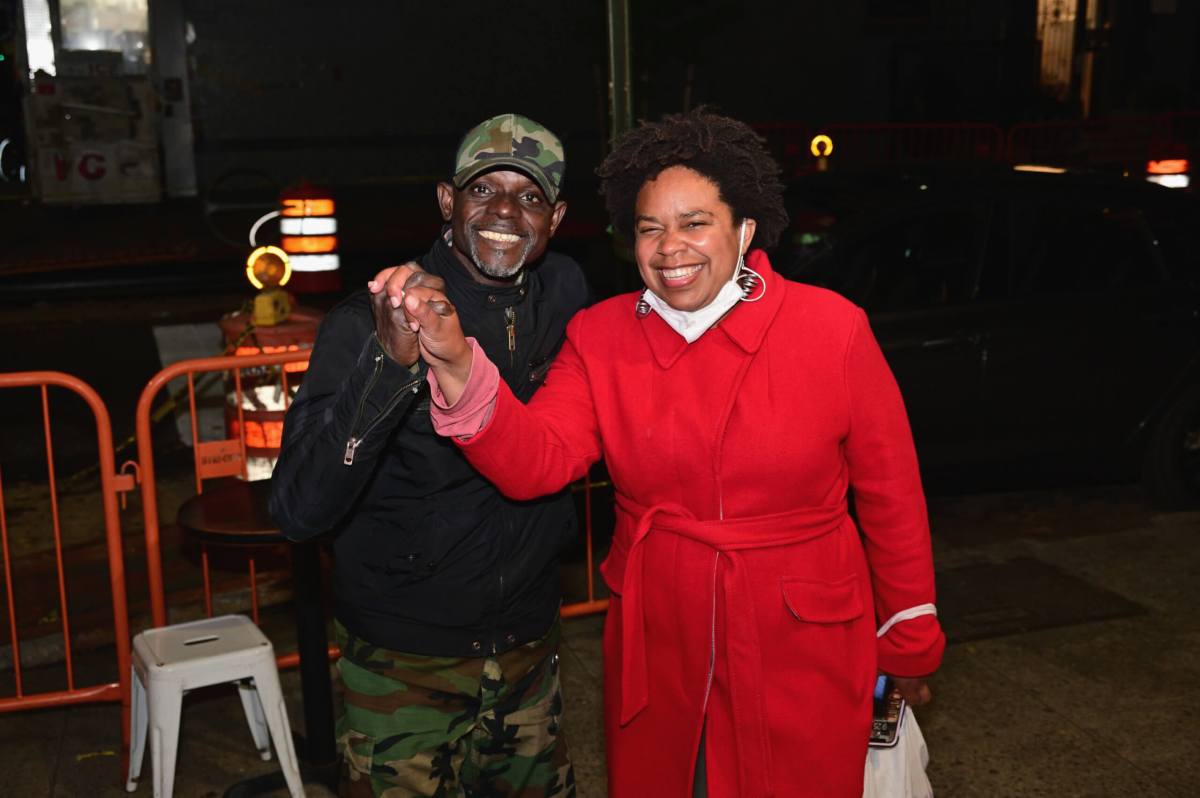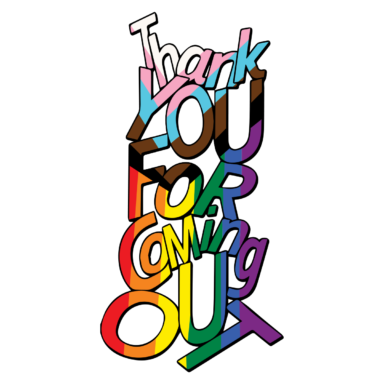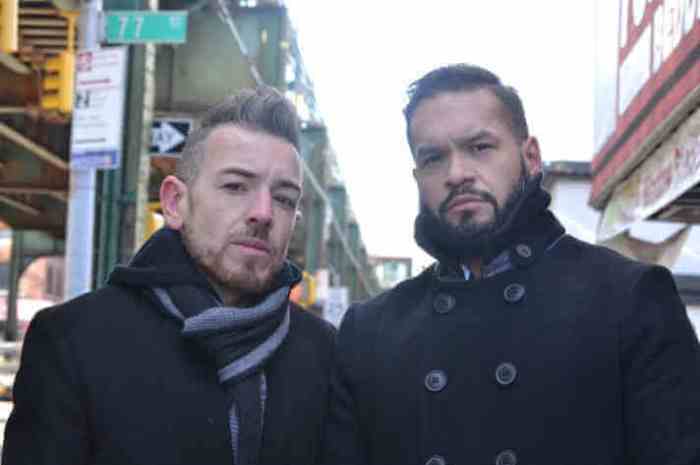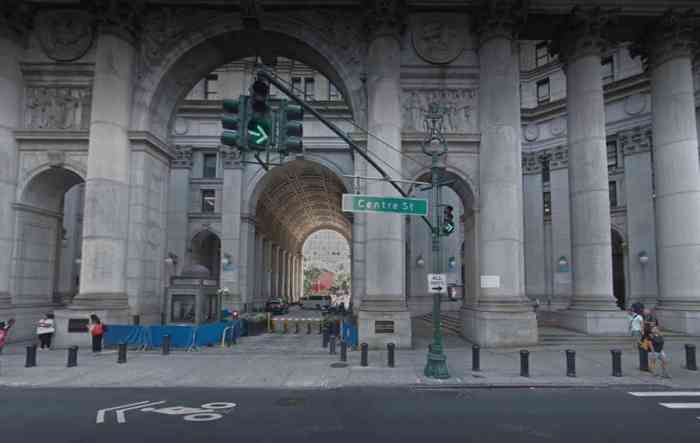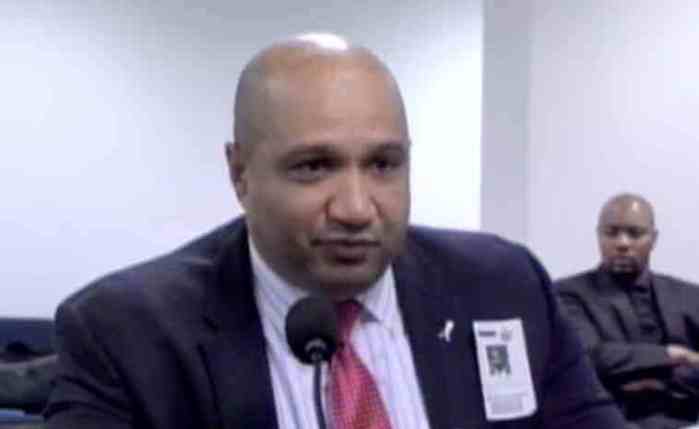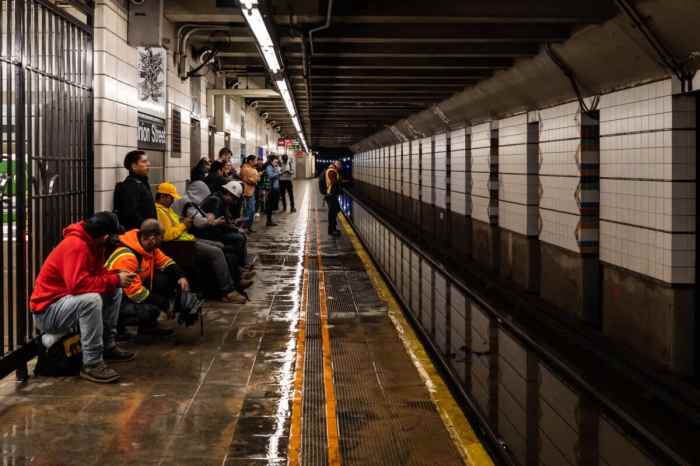Editor’s Note: This story has been updated to include victories by two out gay Republicans in Staten Island.
Facing little competition, all seven of the LGBTQ City Council candidates who knocked off their primary opponents earlier this year won their general election campaigns for city office, according to preliminary results from the New York City Board of Elections as of November 3.
The November 2 general election came and went with little fanfare for queer candidates in an overwhelmingly Democratic city, but it marked a series of historic firsts: Kristin Richardson Jordan of Manhattan’s District Nine and Crystal Hudson of Brooklyn’s District 35 are on their way to becoming the first out LGBTQ Black women elected to the City Council, while Lynn Schulman and Tiffany Cabán will be the first LGBTQ women elected to serve as city lawmakers in Queens. Chi Ossé, who ran unopposed in Brooklyn’s District 36, will be the first out LGBTQ Black councilmember from Brooklyn.
In Manhattan, Erik Bottcher of District Three — which has long been an LGBTQ stronghold — also walked across the finish line unopposed in the west side race to succeed his former boss, out gay Speaker Corey Johnson. Out lesbian former Speaker Christine Quinn previously held that seat after she replaced Thomas Duane, who was one of the first two out LGBTQ councilmembers in New York City.
In Staten Island, GOP candidate David Carr knocked off Sal Albanese to become the first out gay member of the City Council from his borough, while out gay Civil Court Judge Ronald Castorina — a former chair of the Staten Island Republican Party — won his race for New York State Supreme Court.
The general election marks a turning point for the City Council’s LGBT Caucus, which is getting expanded and diversified after consisting exclusively of men for four years. All four of the current LGBTQ city lawmakers — Johnson, Carlos Menchaca of Brooklyn, and Daniel Dromm and Jimmy Van Bramer of Queens — are leaving office due to term limits. Former Bronx City Councilmember Ritchie Torres, who in 2014 became the first out LGBTQ lawmaker from the Bronx, already left the City Council when he took office in Congress earlier this year.
Due to a provision in the city charter, however, the incoming city lawmakers will only serve a two-year term as opposed to the usual four-year term.
As expected, the results were lopsided across the board — and Bottcher and Ossé won right away without any competition. Cabán, a progressive queer Latina who narrowly lost a race for Queens district attorney in 2019, had more than 11,600 votes, or 63 percent, in her district, which includes Astoria, East Elmhurst, Jackson Heights, and Woodside in Queens. Her Republican opponent, Felicia Kalan, had 31 percent.
“Our victory tonight proves that when we organize, we win,” Cabán said in a written statement after declaring victory. “We’ve got a lot of work ahead of us — the work is never done. We’ll continue throwing down with our organizing partners, and I’ll keep working with my incoming colleagues — some of the dopest BIPOC organizers I know — to build up our city systems that support the health and safety of everyone.”
Also in Queens, Schulman led Republican/Conservative/“Save Our City” candidate Michael Conigliaro in a race to succeed Karen Koslowitz in Rego Park, Forest Hills, Kew Gardens, and Richmond Hill. As of November 3, it was the most competitive race among the LGBTQ council hopefuls — but still not close. Schulman had 12,032 votes, or 58.9 percent, and Conigliaro had approximately 41 percent of the vote.
Throughout election day, Schulman posted pictures on social media with current and former elected officials such as Public Advocate Jumaane Williams, who cruised to re-election, and former Speaker Melissa Mark-Viverito. Attorney General Letitia James visited Schulman’s district to get out the vote on November 1 and praised her on Twitter, saying, “I know [Schulman] will be a fighter for all communities in Queens as the next City Council member for this district.”
In response, Schulman wrote, “It was so amazing to have our historic [Attorney General Letitia James] come out to support me in my historic run as a LGBTQIA representative for District 29. Thank you Tish!!”
Jordan, who celebrated her victory with an election night party, pulled in more than 22,400 votes, or 94 percent, against Republican Alpheaus Marcus in Central Harlem, Morningside Heights, Upper West Side, and East Harlem.
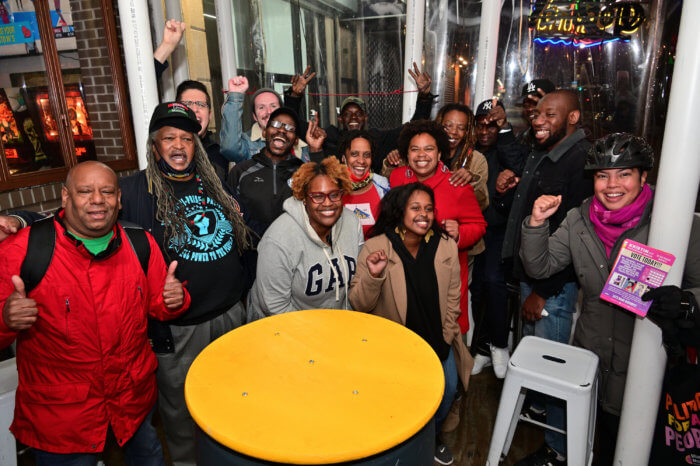
While Ossé had no opponent, Hudson breezed past her opponent in the neighboring district, which includes Fort Greene, Clinton Hill, Crown Heights, Prospect Heights, and Bedford Stuyvesant. Hudson had more than 27,330 votes, or about 95 percent of the vote.
“I know and love this community deeply, and as the granddaughter of Jamaican immigrants, a caregiver who has navigated our complicated healthcare system, the daughter of a nurse, and a Black, queer New Yorker, I will fight even harder for historically marginalized people to have a seat the the table,” Hudson said in a written statement the day after the election.
Hudson and Ossé met up together on October 23, according to Ossé, who posted on Twitter saying they chatted with neighbors and “discussed topics from Black homeownership to the lack of sanitation services on Fulton Street.”
“We both can’t wait to serve the great people of Central Brooklyn!” Ossé wrote.
All six of the incoming Democratic members of the LGBT Caucus favor full sex work decriminalization — a top issue in the community — and on the campaign trail many of those candidates prioritized issues surrounding LGBTQ youth. Among LGBTQ-related initiatives, Schulman has vowed to back legislation that would require the collection of sexual orientation and gender identity information in the hiring practices of city agencies, while Hudson has called for more LGBTQ-friendly housing for seniors — much like the Stonewall House development in Fort Greene — and train healthcare workers to better serve LGBTQ communities of color, particularly trans and non-binary people of color.
Jordan’s platform includes increasing city funding for LGBTQ-affirming health centers and easing barriers to housing for queer homeless youth, while Bottcher has called for more beds for LGBTQ runaway and homeless youth and increased funding for programs serving trans women of color. Cabán’s public safety plan calls for providing trauma, housing, and healthcare assistance for sex workers who are experiencing abuse or are victims of trafficking.

